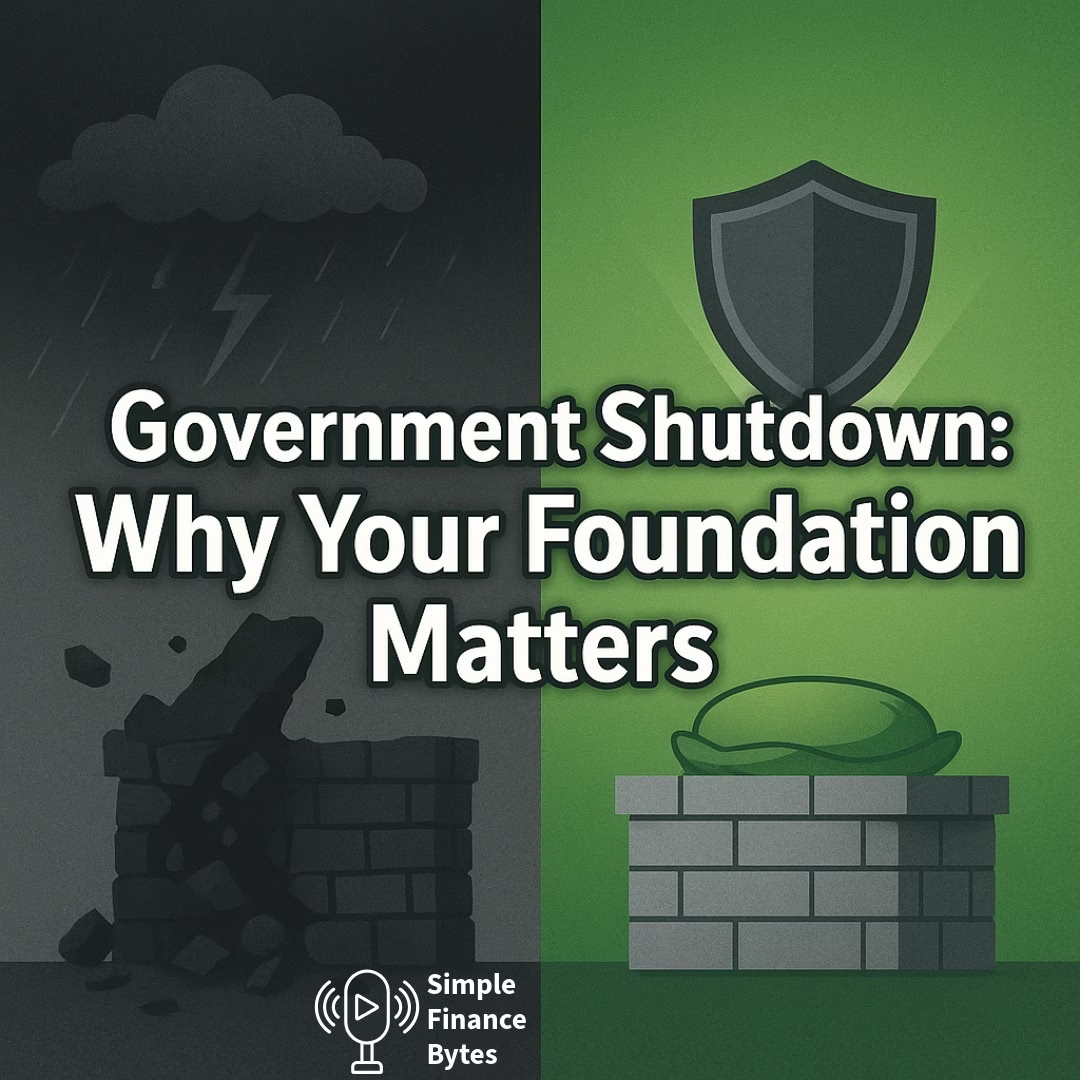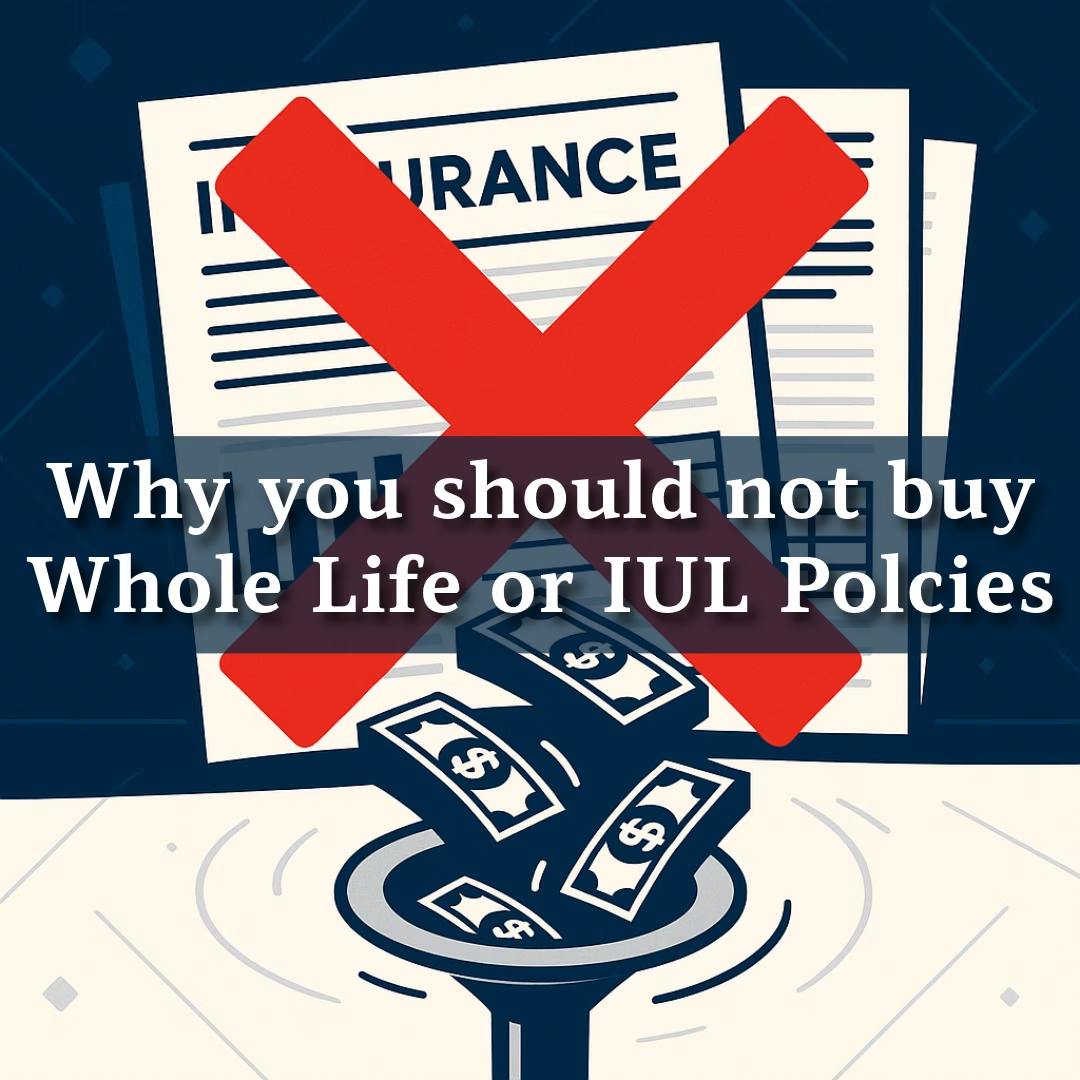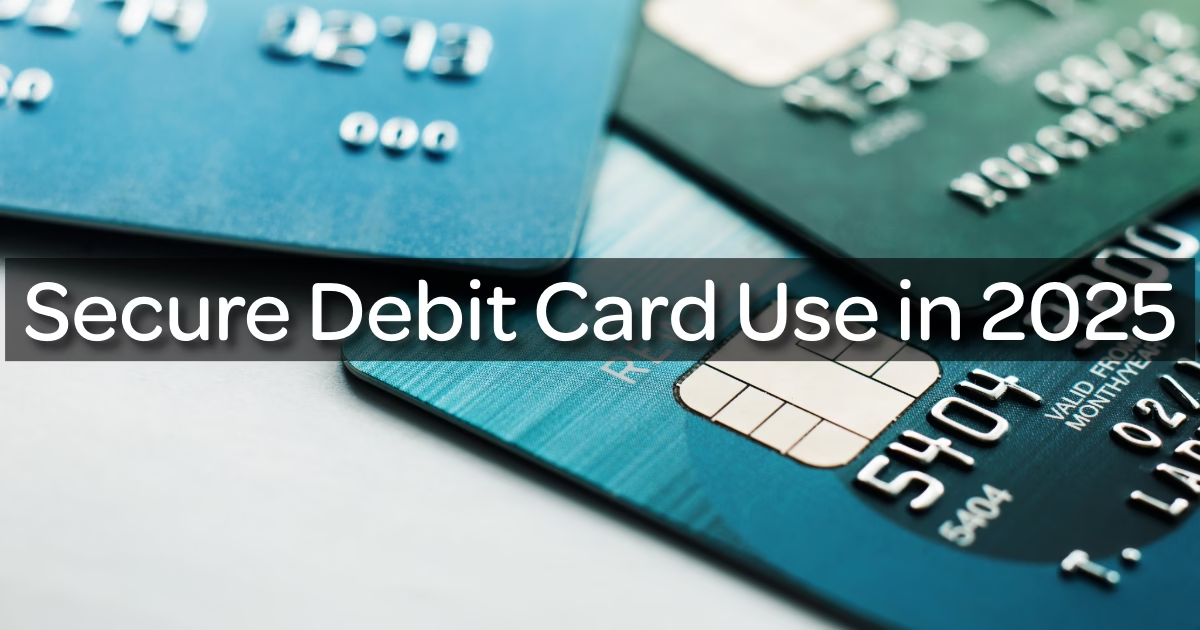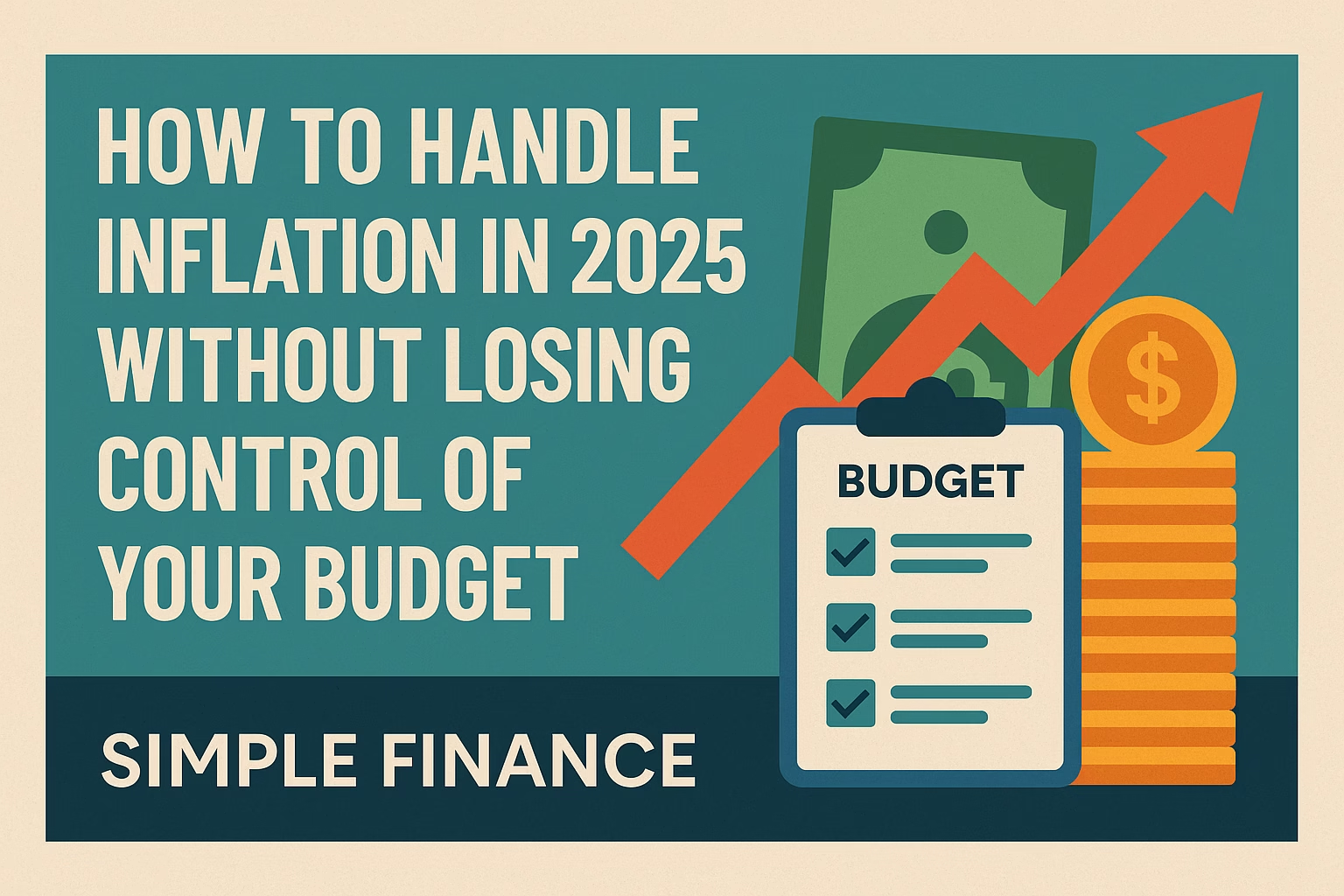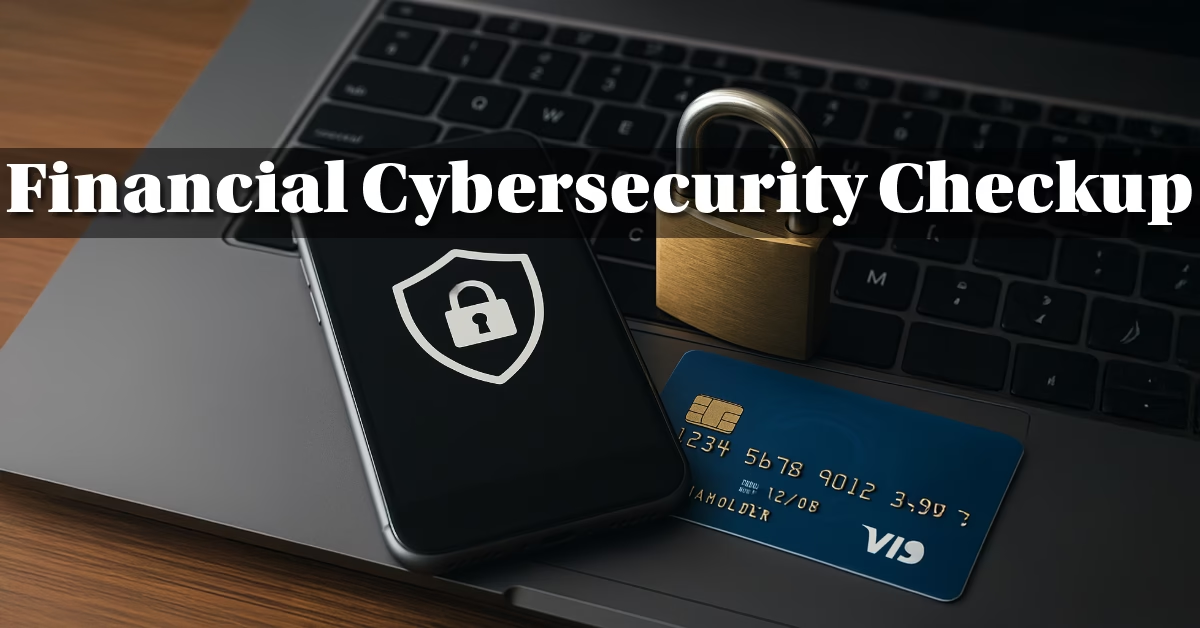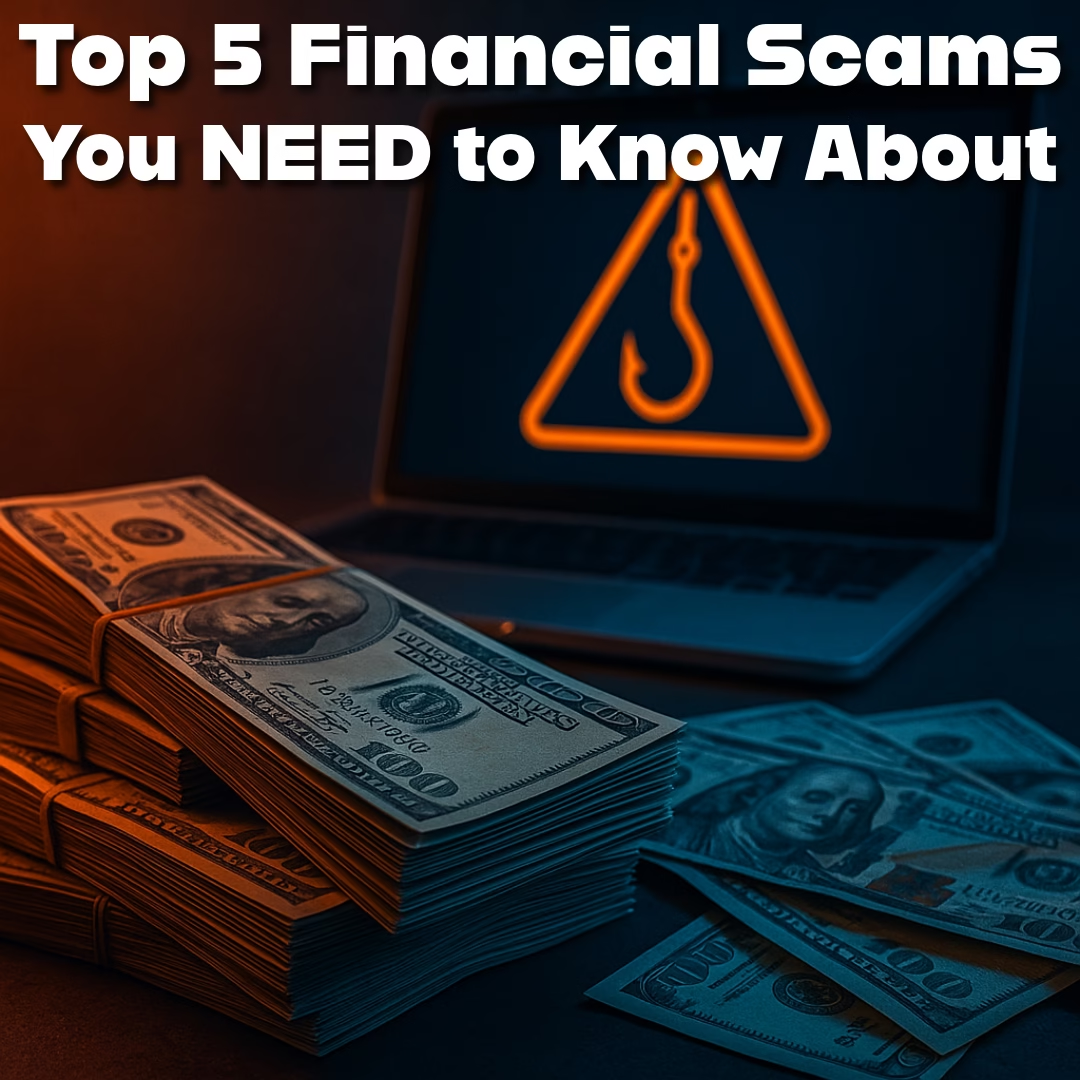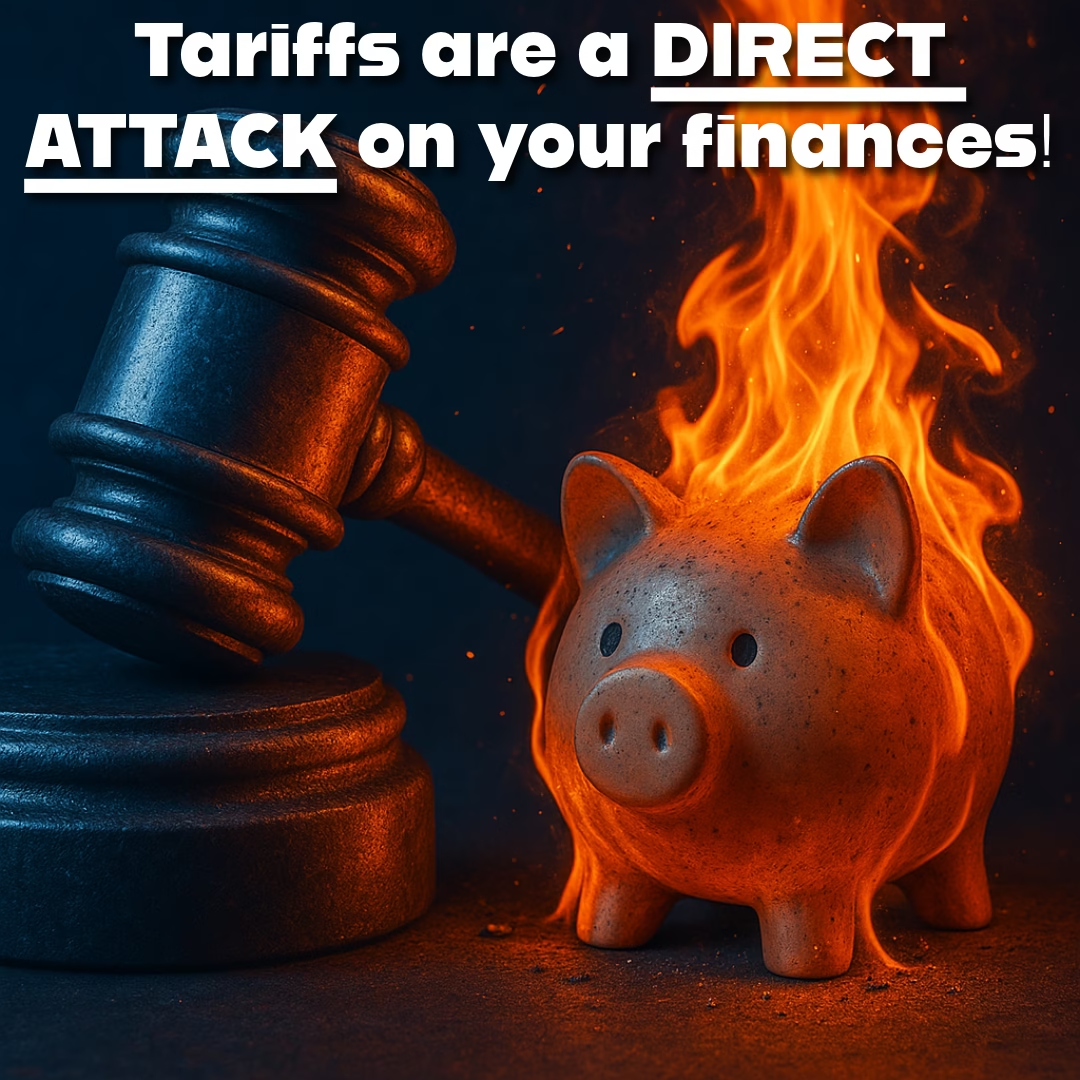Government Shutdown: Why Your Financial Foundation Matters
This week on Simple Finance Bytes, we’re breaking down what the government shutdown reveals about your financial foundation and how to calculate whether you’re actually prepared for income disruption. If you prefer listening to reading, catch the full episode on Apple Podcasts, Spotify Podcasts or YouTube Podcasts. The government shutdown just stopped paychecks for hundreds … Read more
